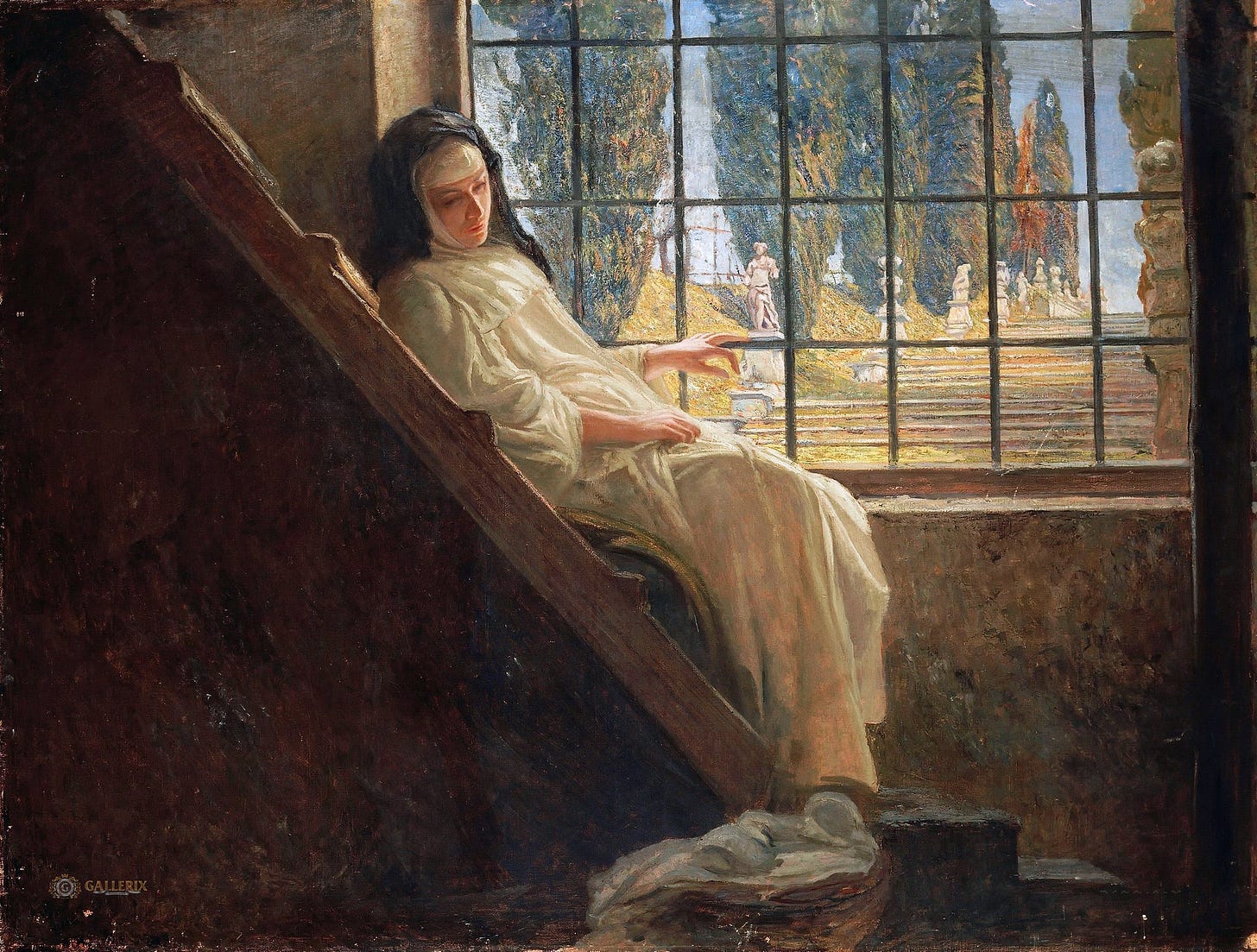
“I will begin to speak when I have that to say which had not better be unsaid.” — Cato the Younger
I’ve been thinking a lot about silence lately.
It was prompted by the scene during Queen Elizabeth’s funeral, as her coffin made its way through the streets of London, accompanied by the military and a single toll of Big Ben every minute.
I intentionally watched it unfold on The Royal Family’s YouTube channel, to avoid the Macy’s Thanksgiving Day Parade-style of endless commentary on the broadcast networks.
The sense of calm and quiet among the horde of onlookers was jarring.
We can learn a lot — about ourselves, about others — if we pay attention to the silence in our lives.
Keep reading with a 7-day free trial
Subscribe to Timeless & Timely to keep reading this post and get 7 days of free access to the full post archives.




